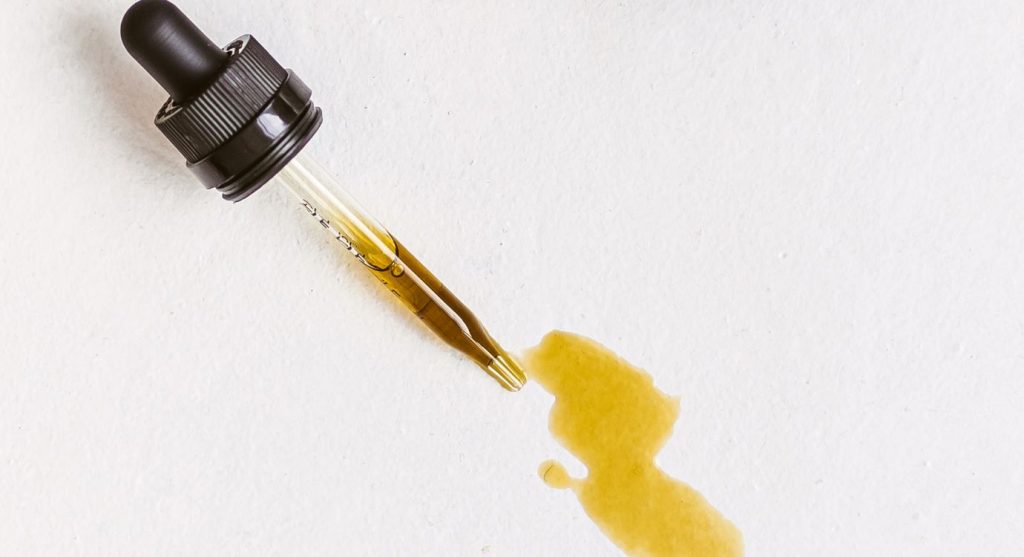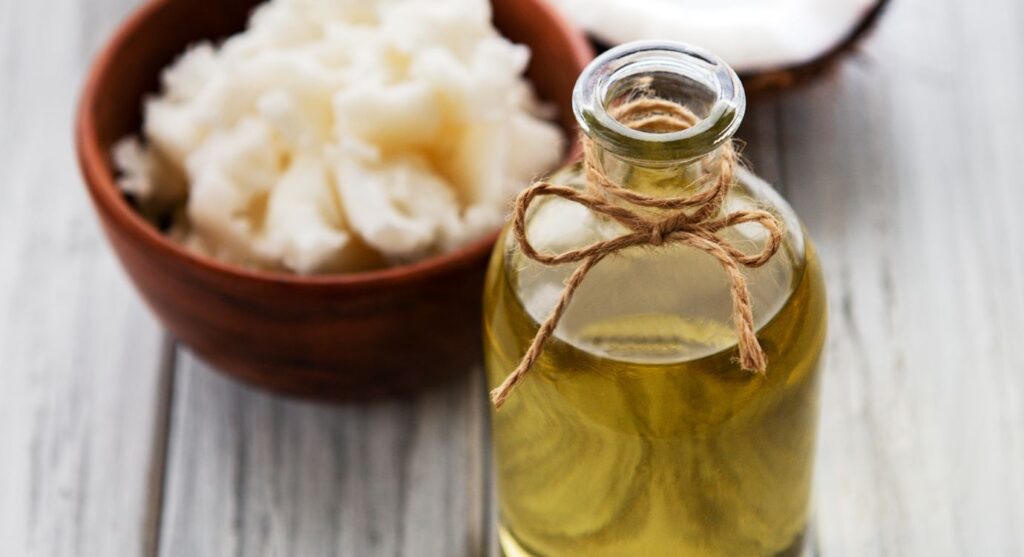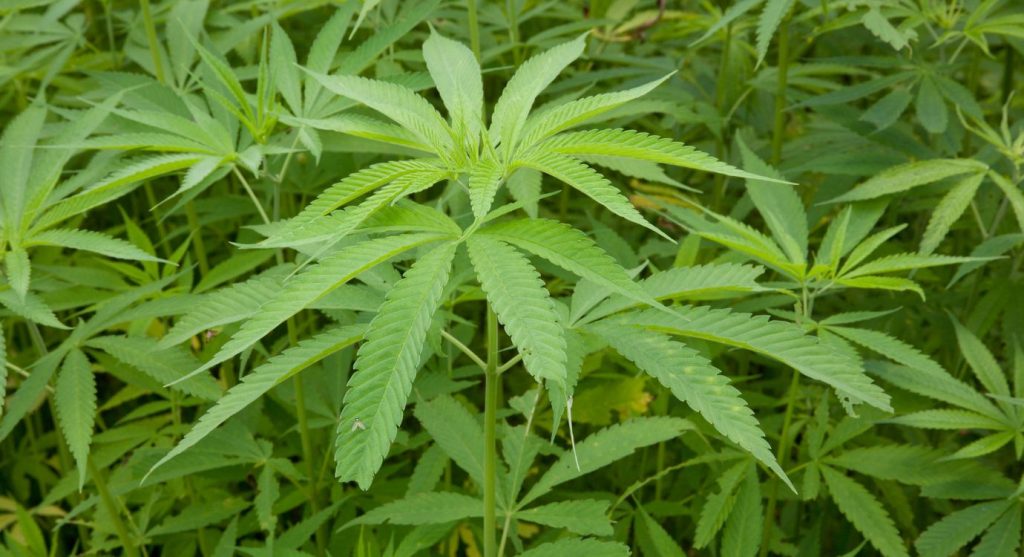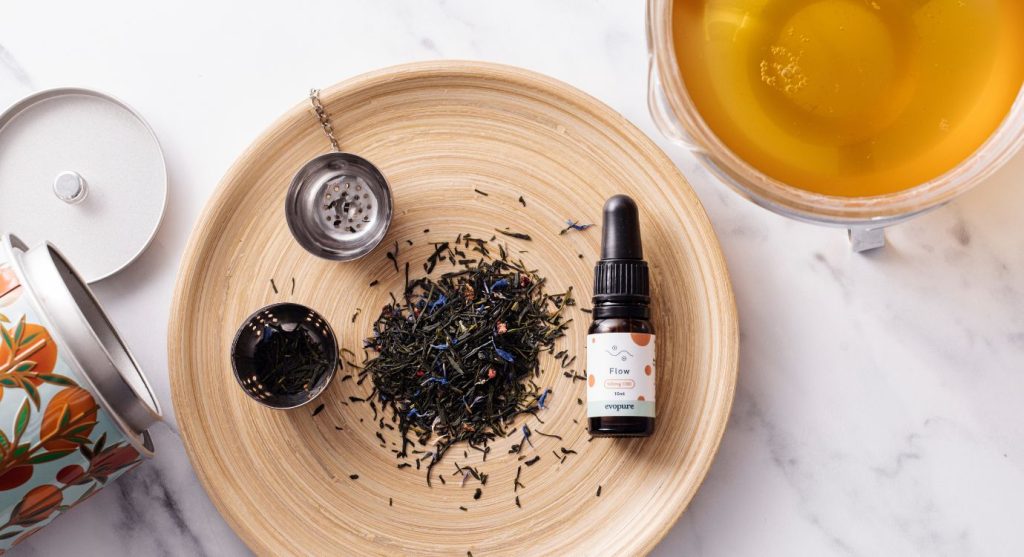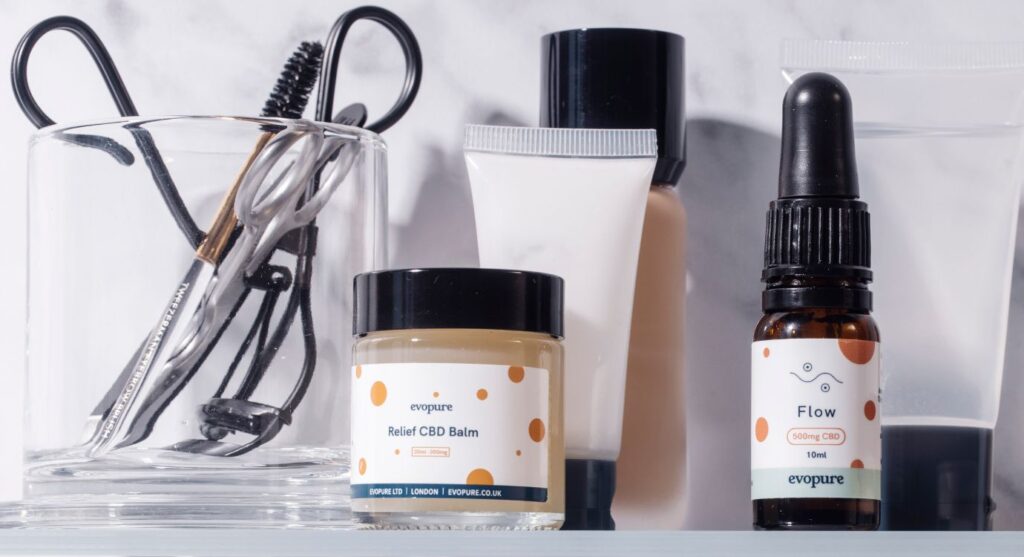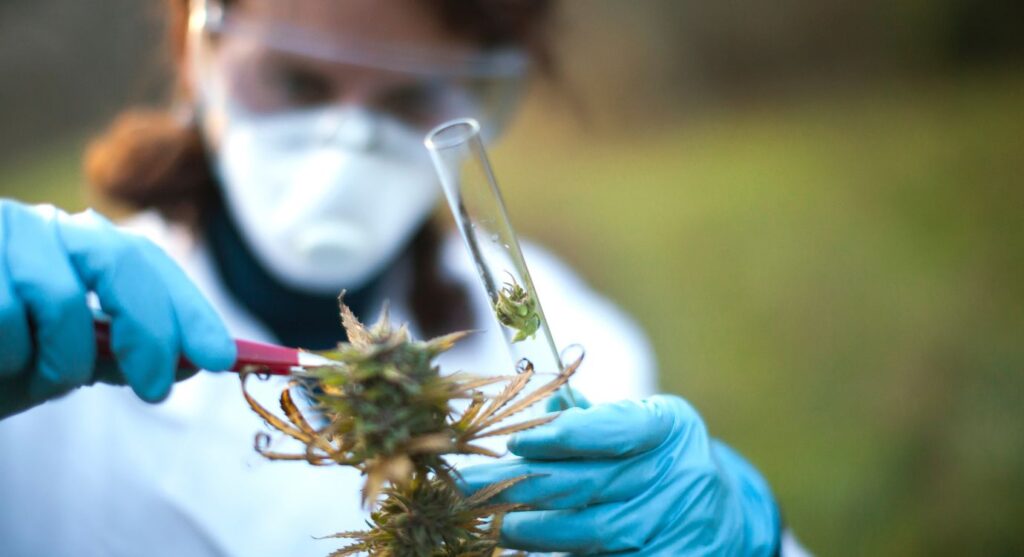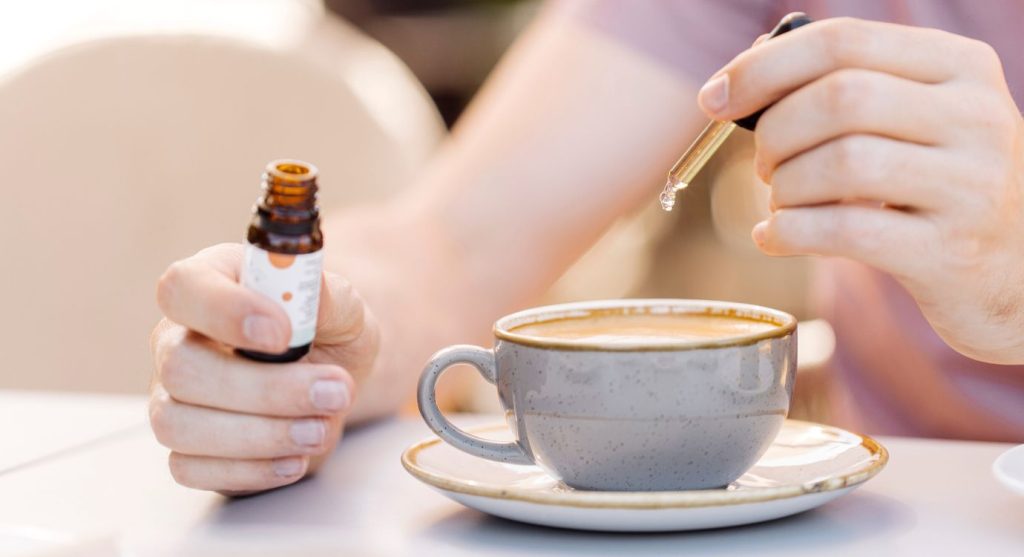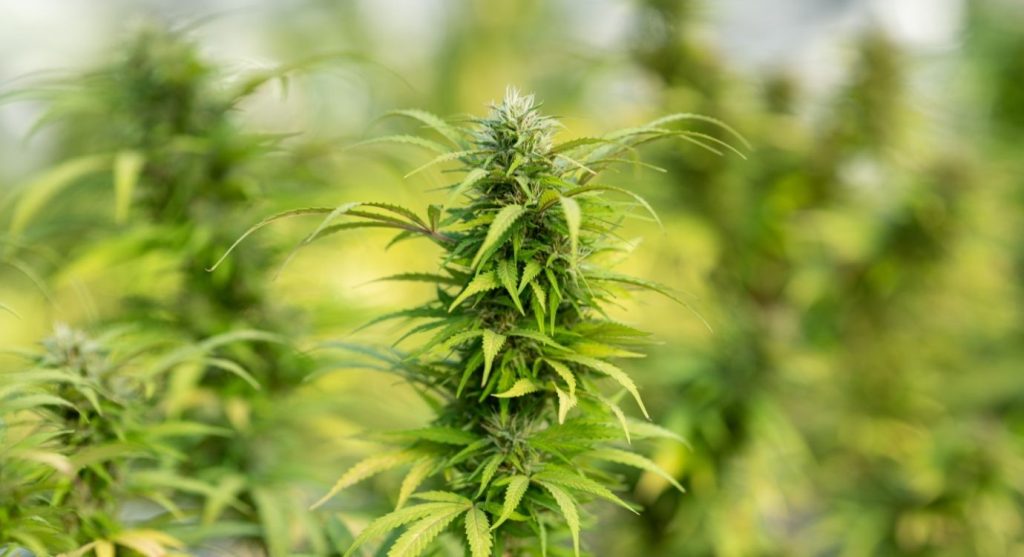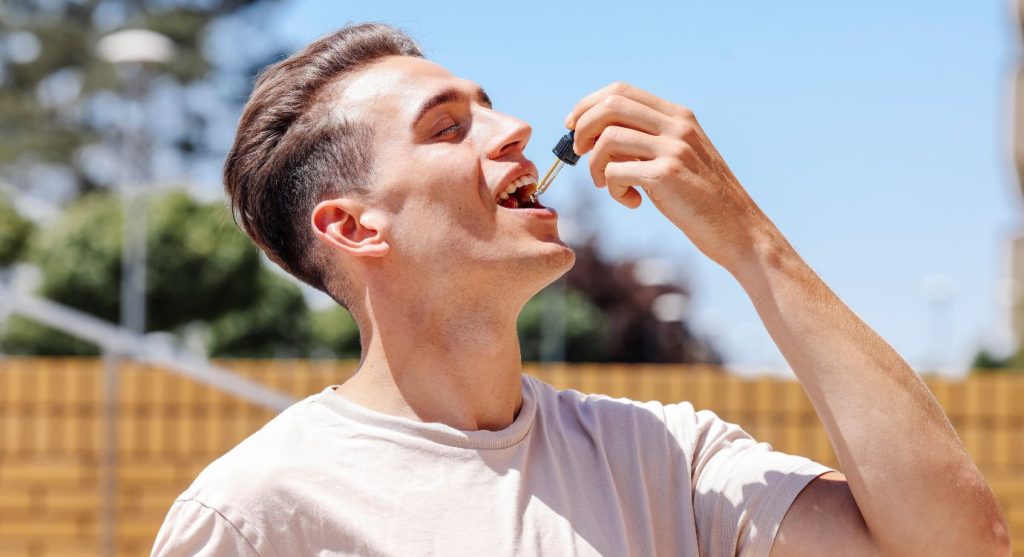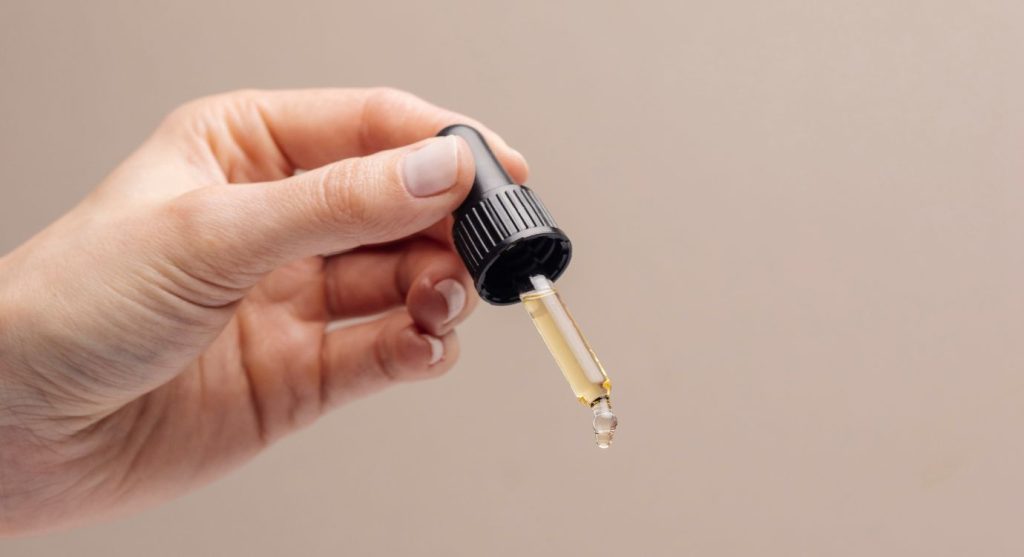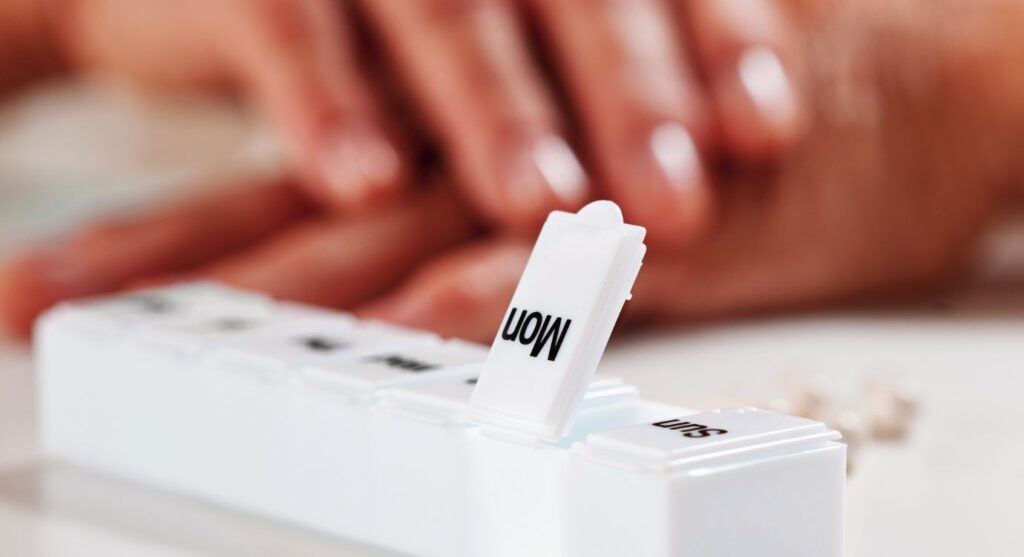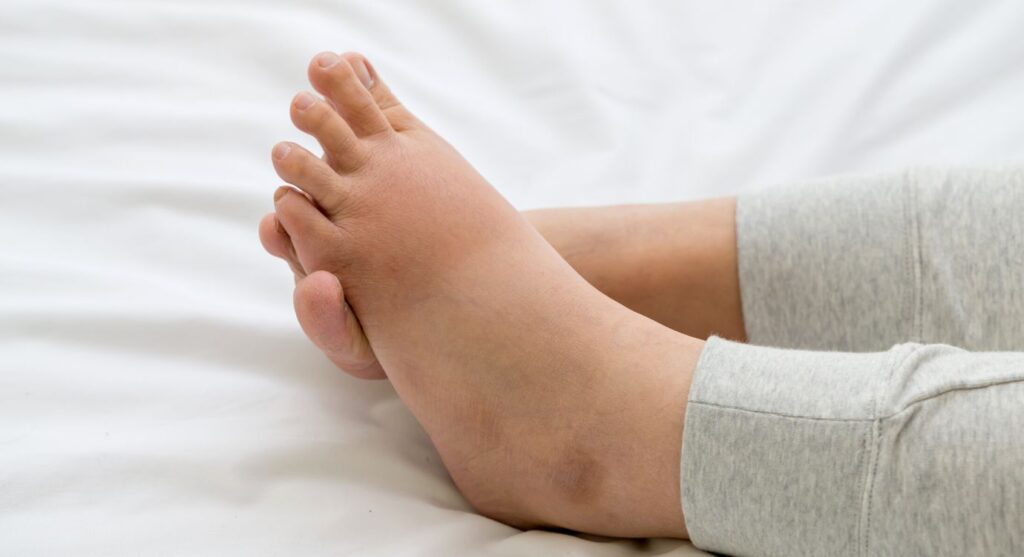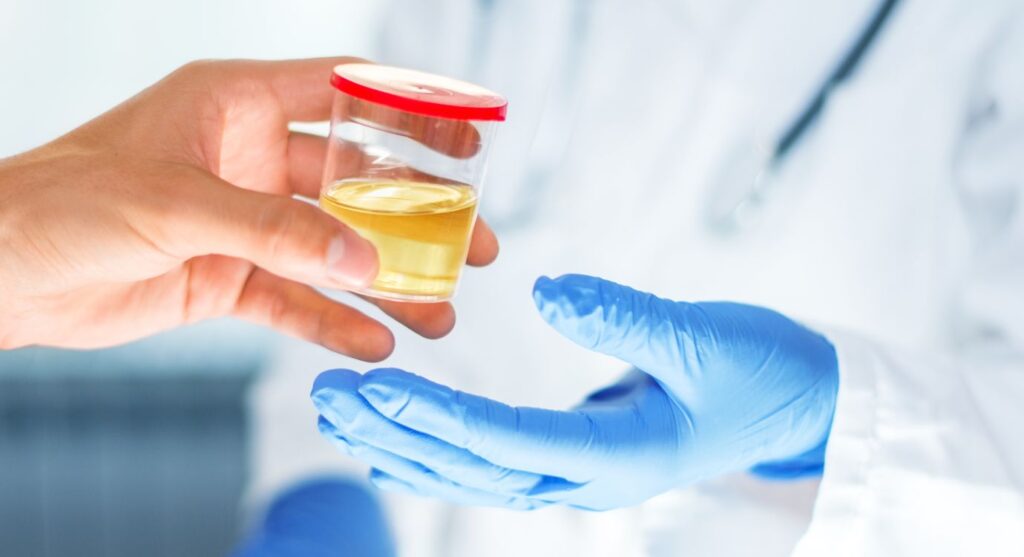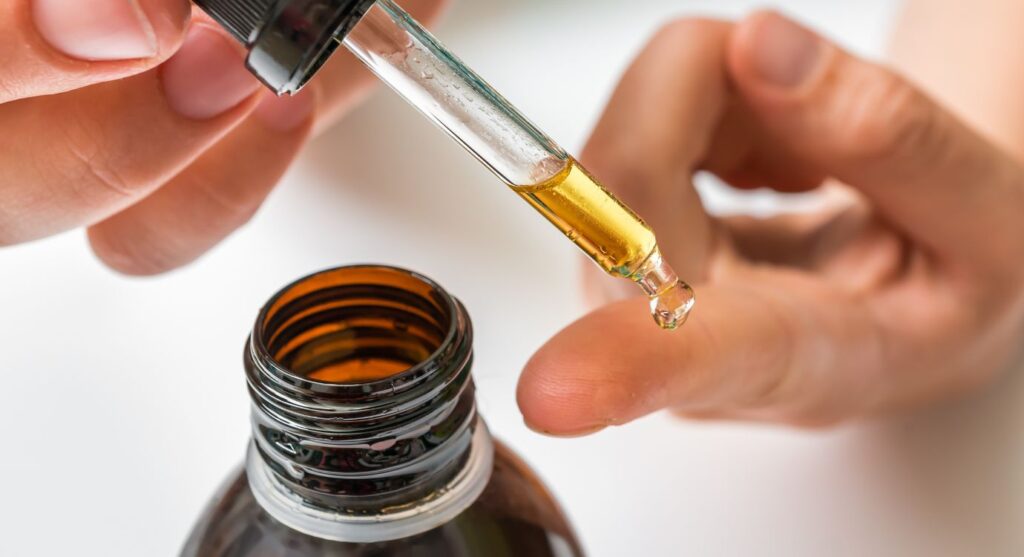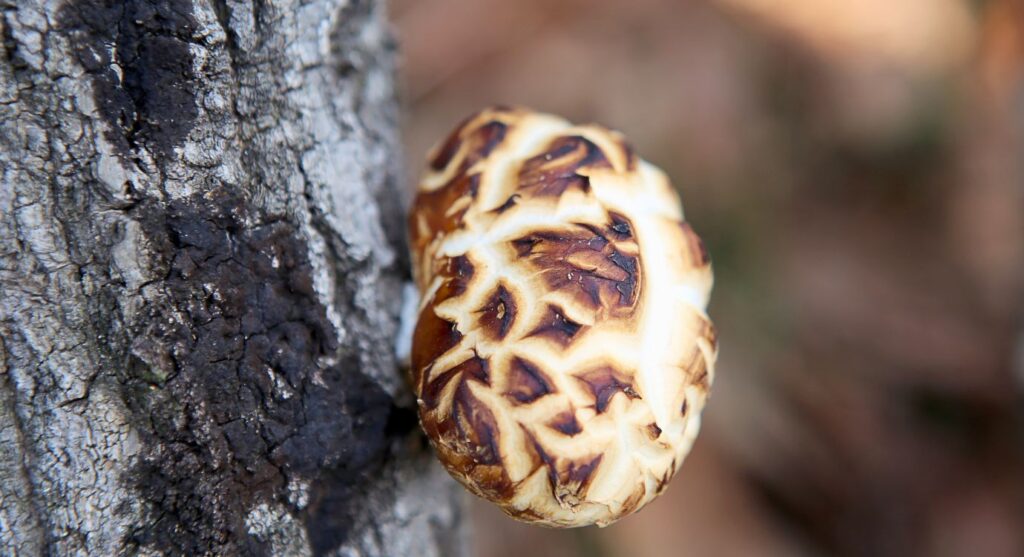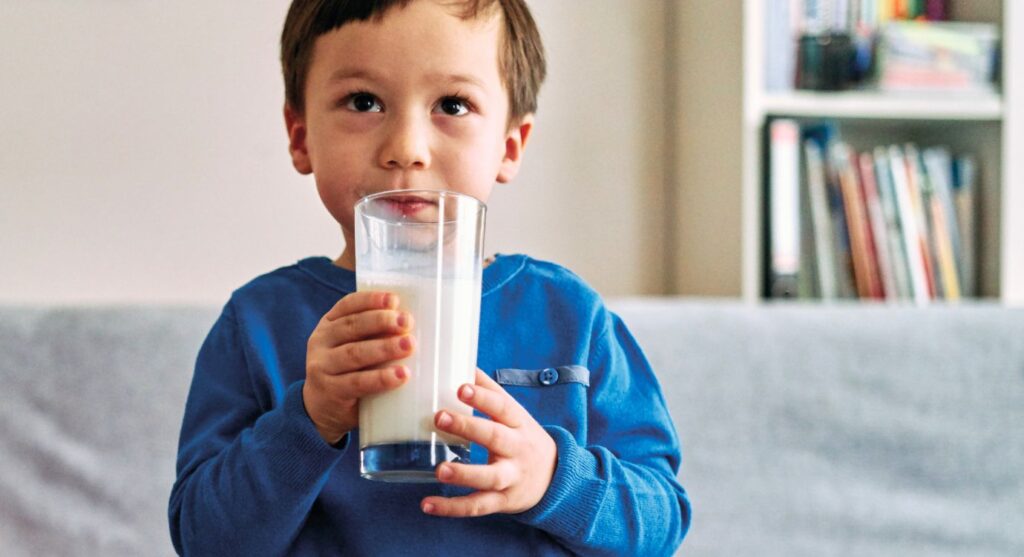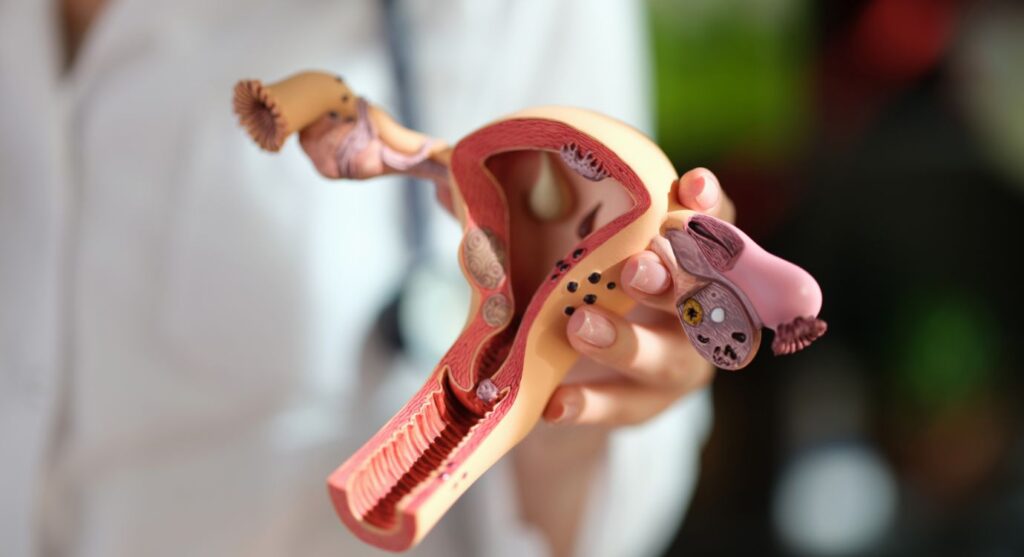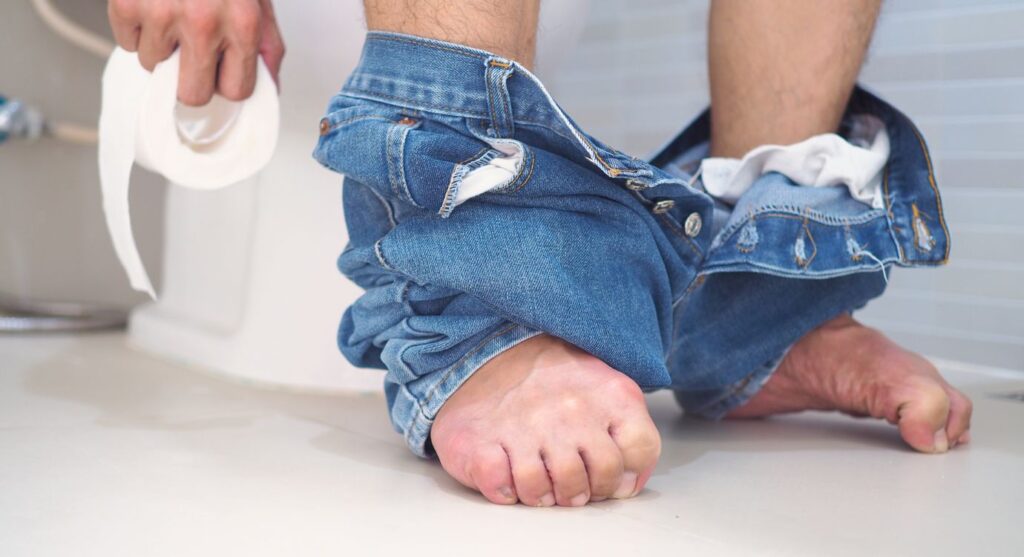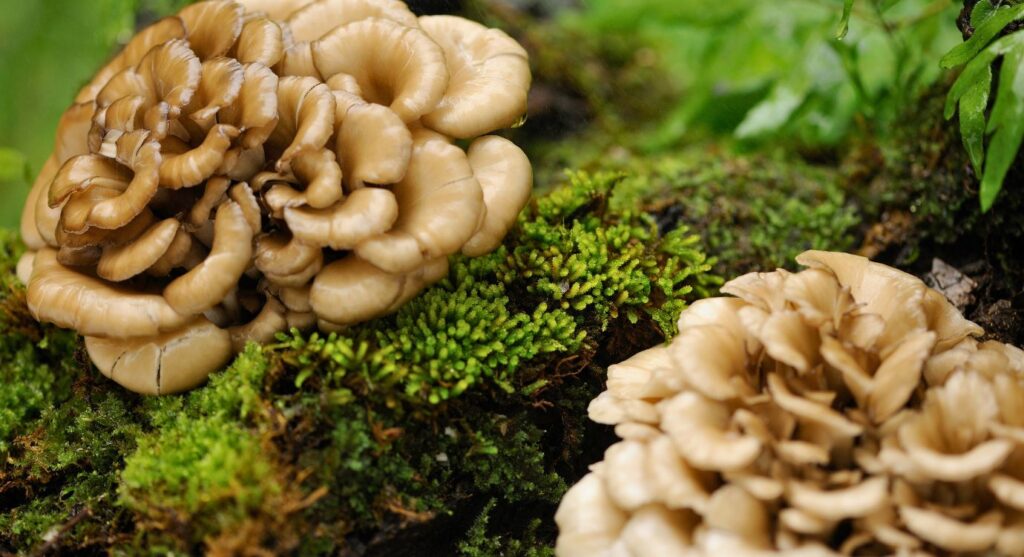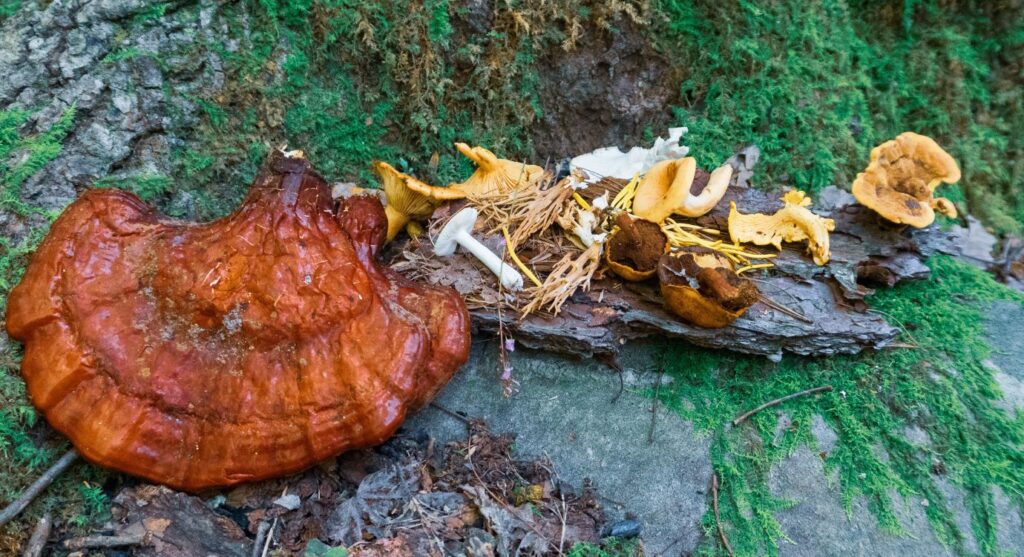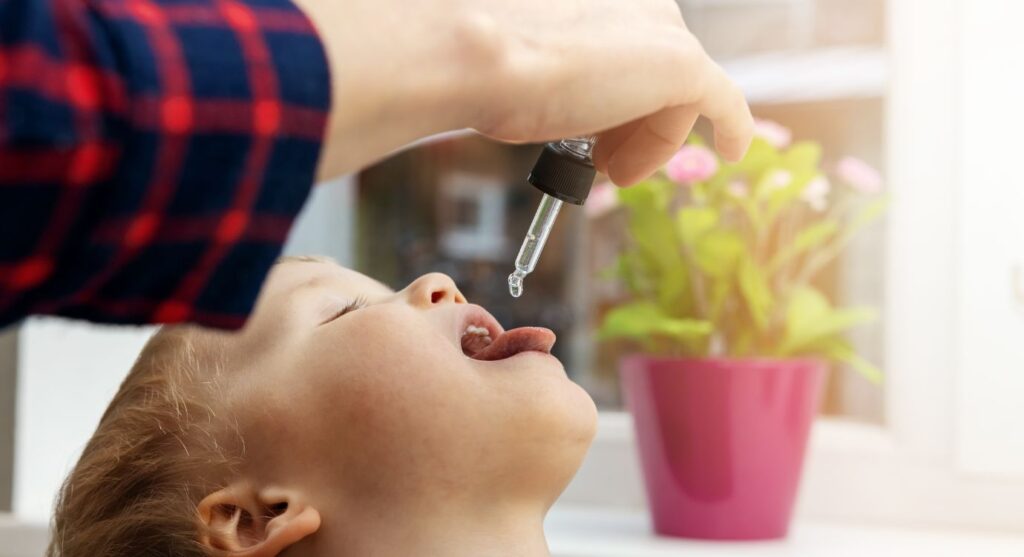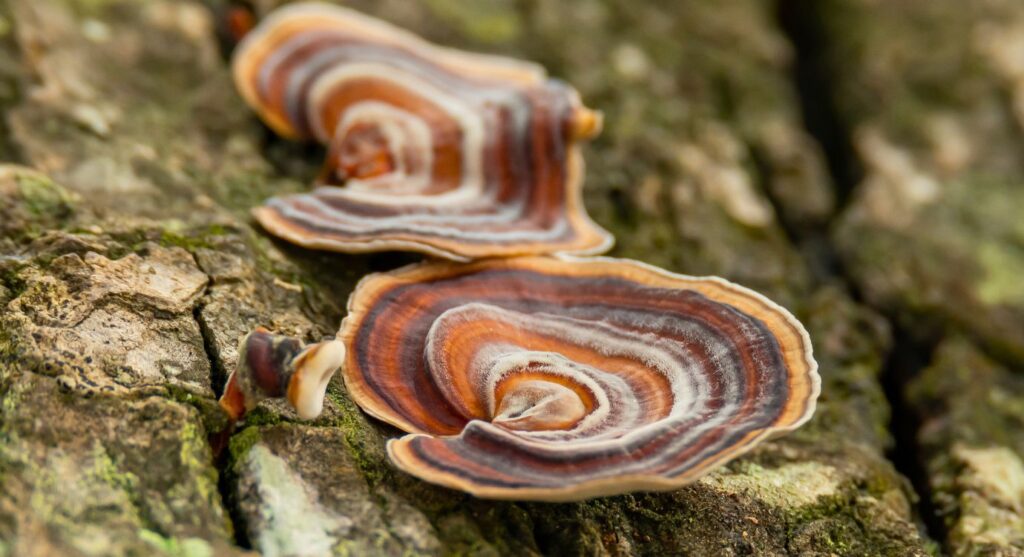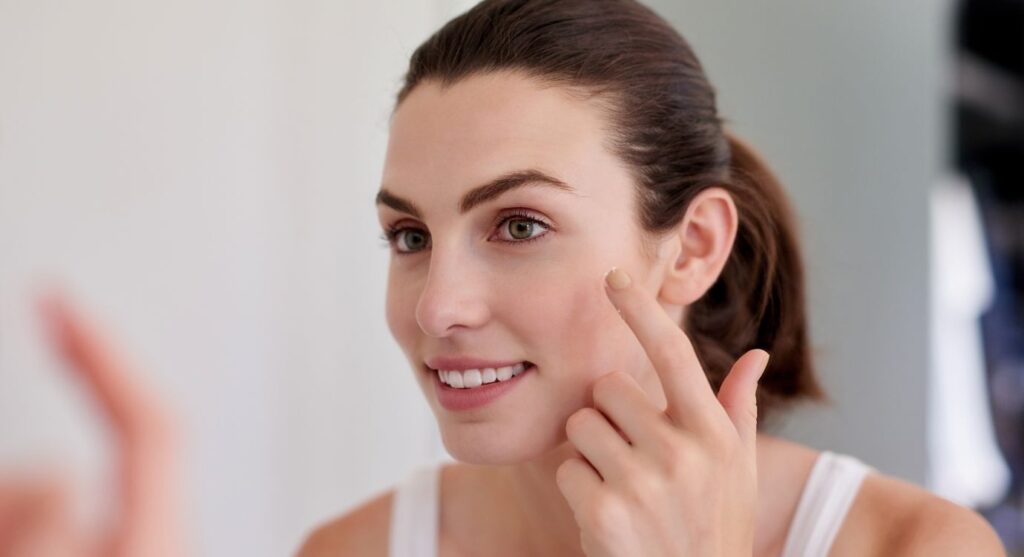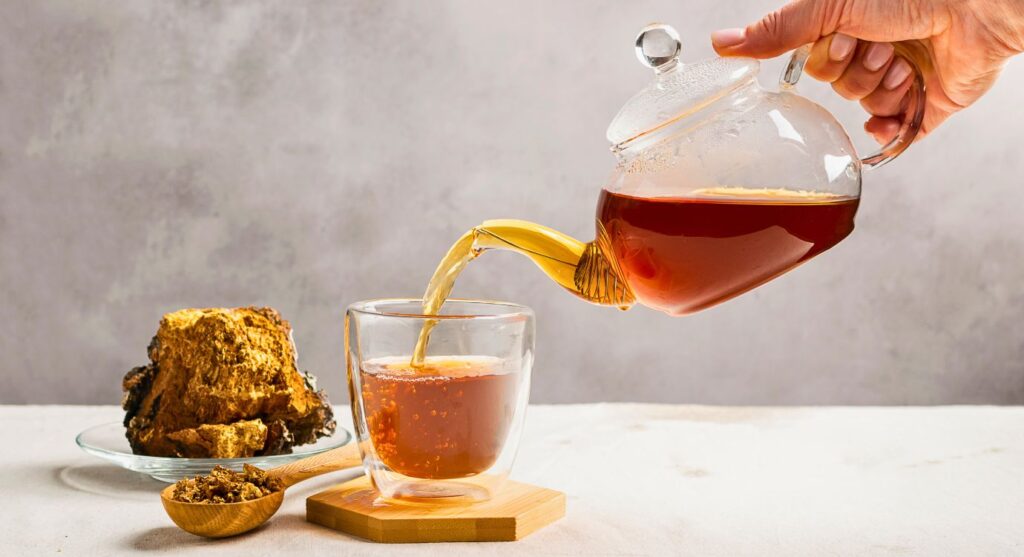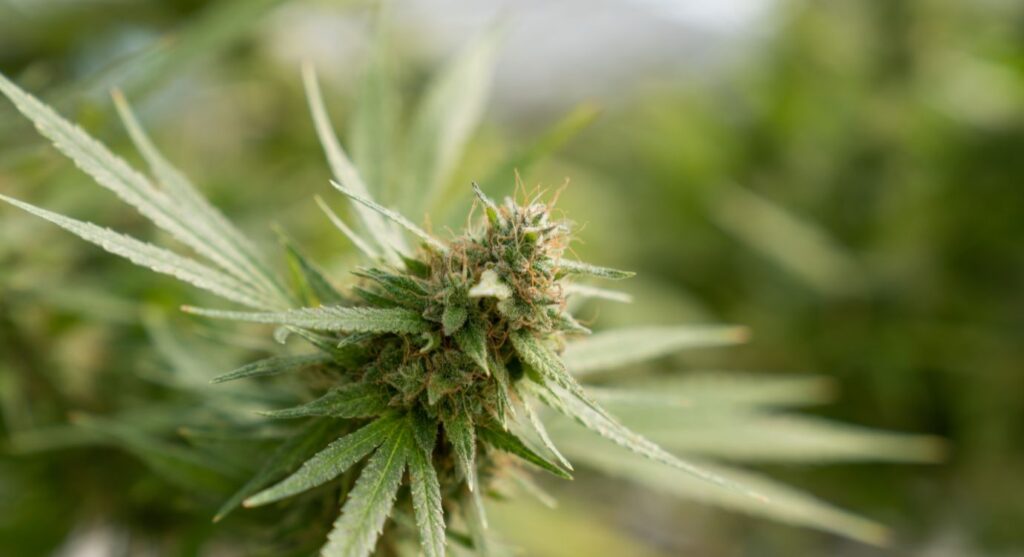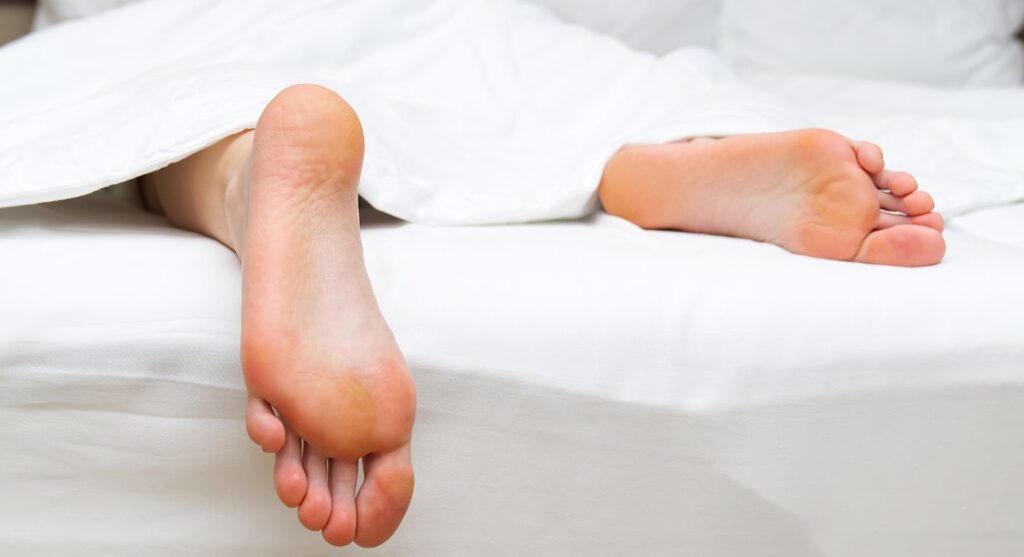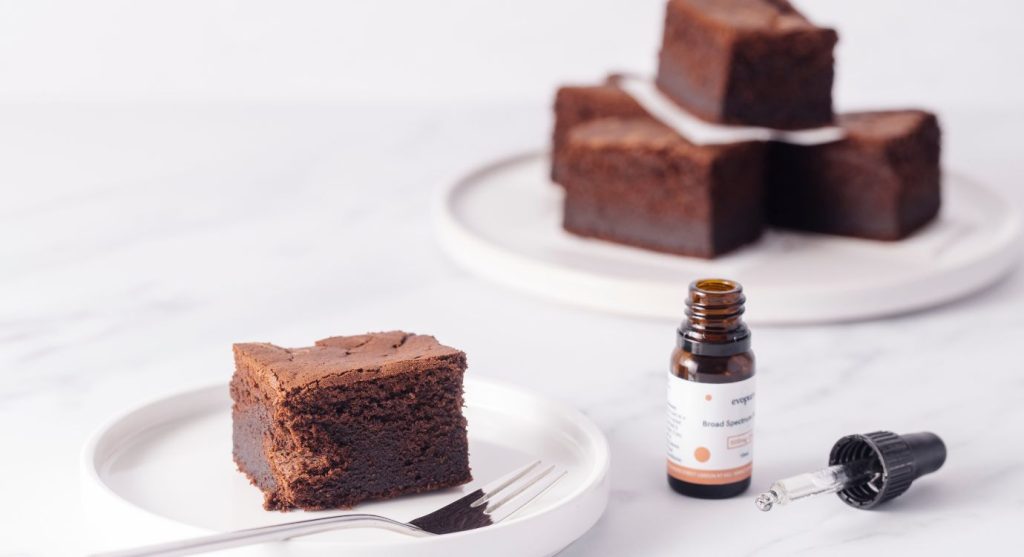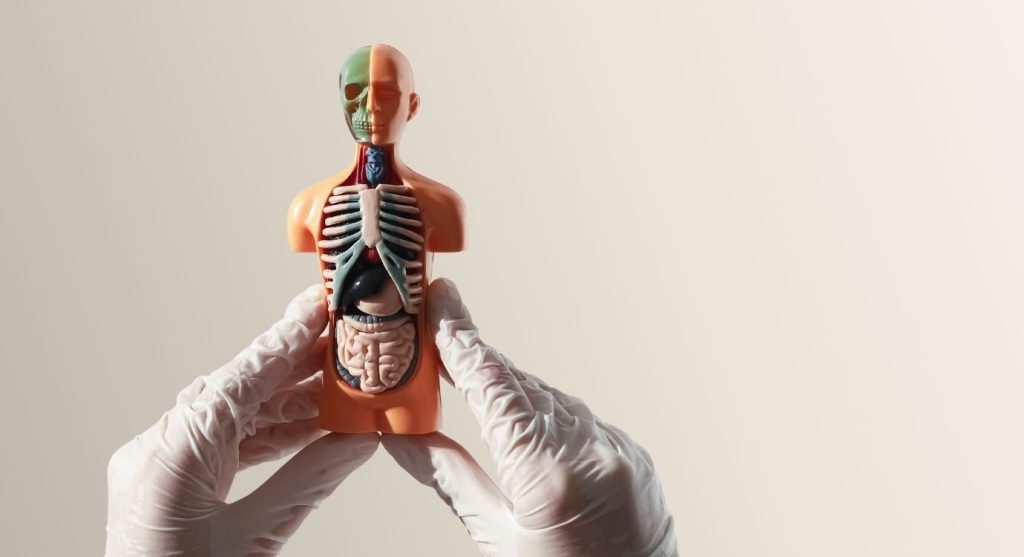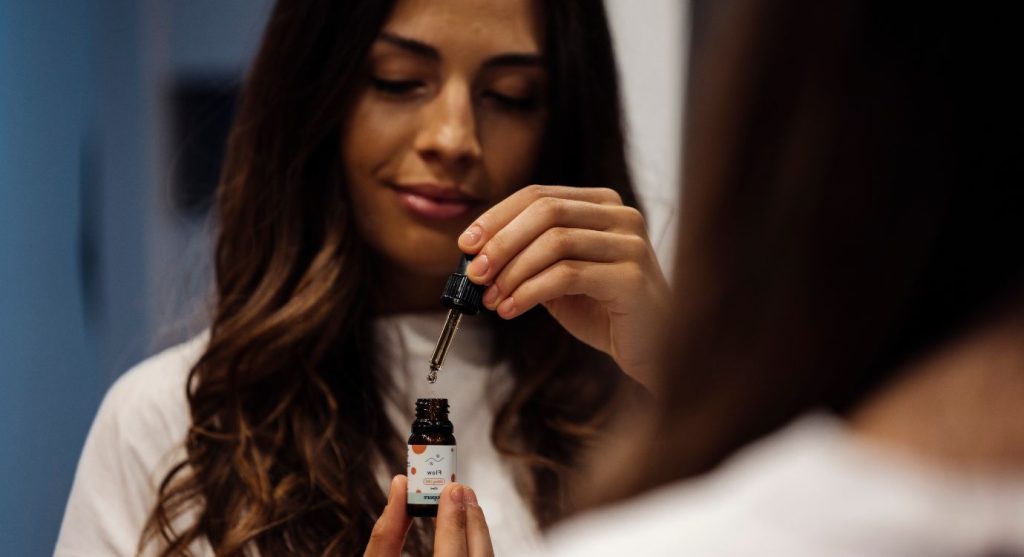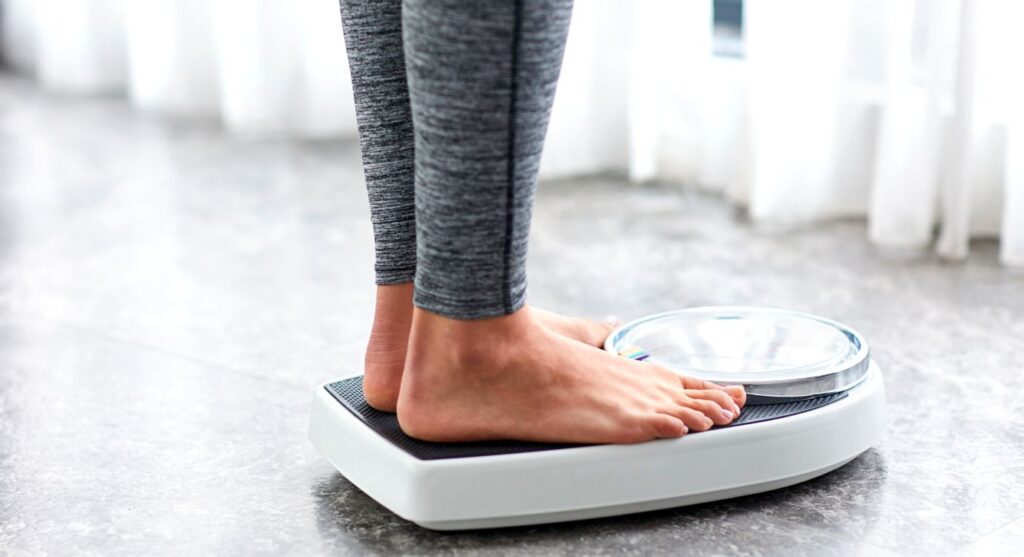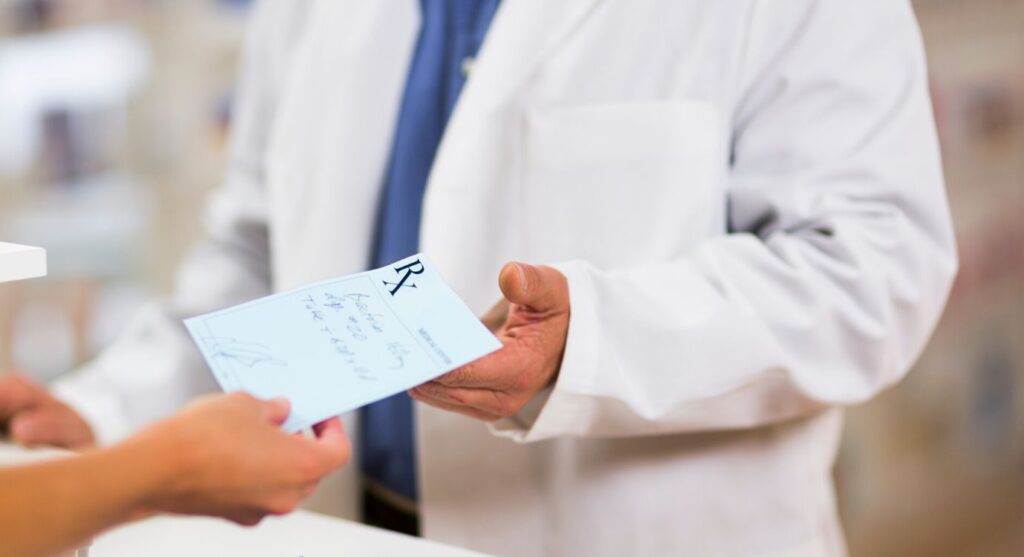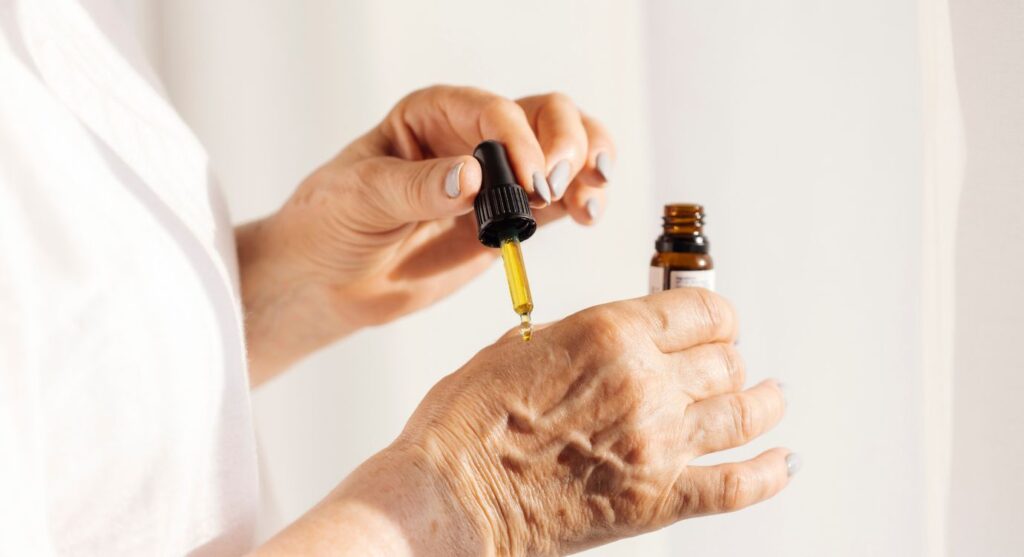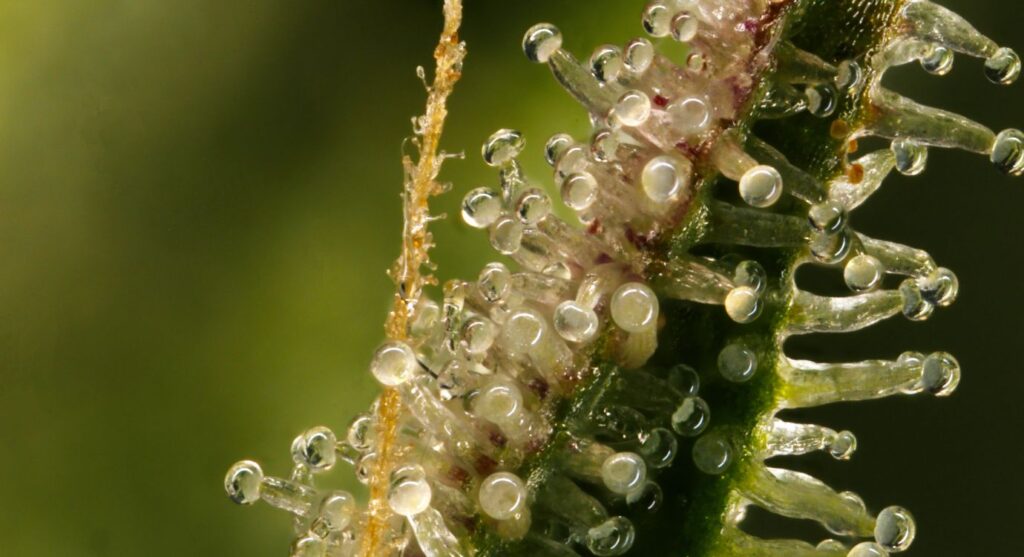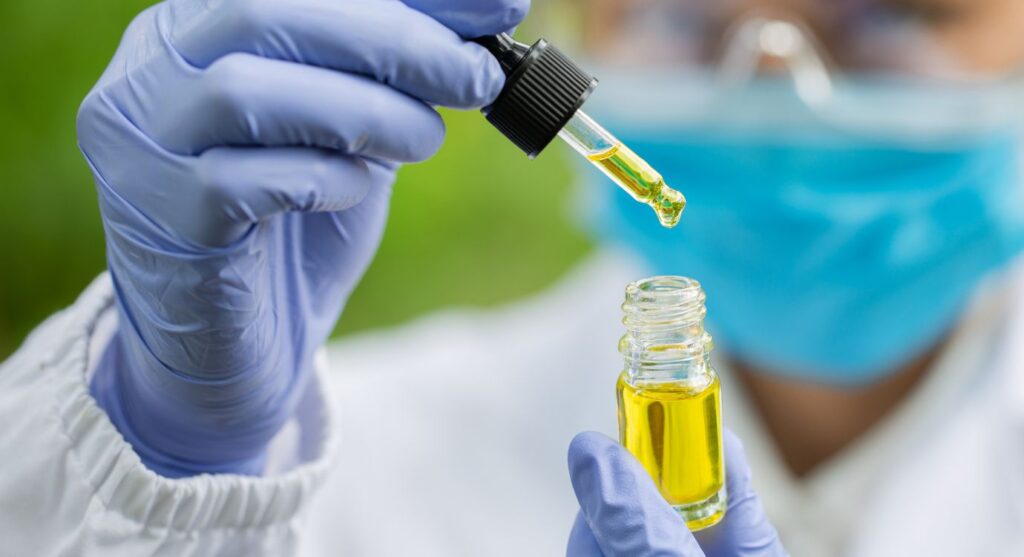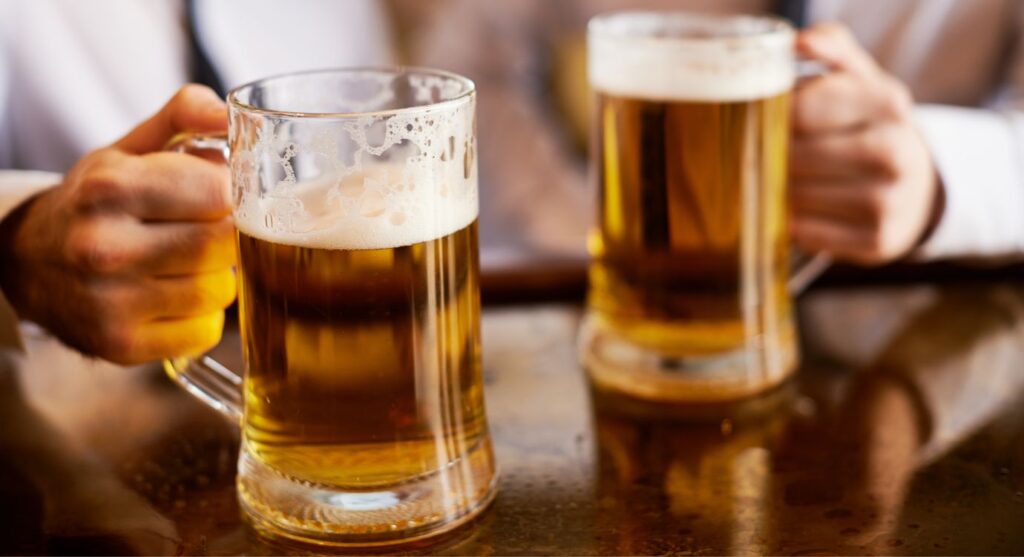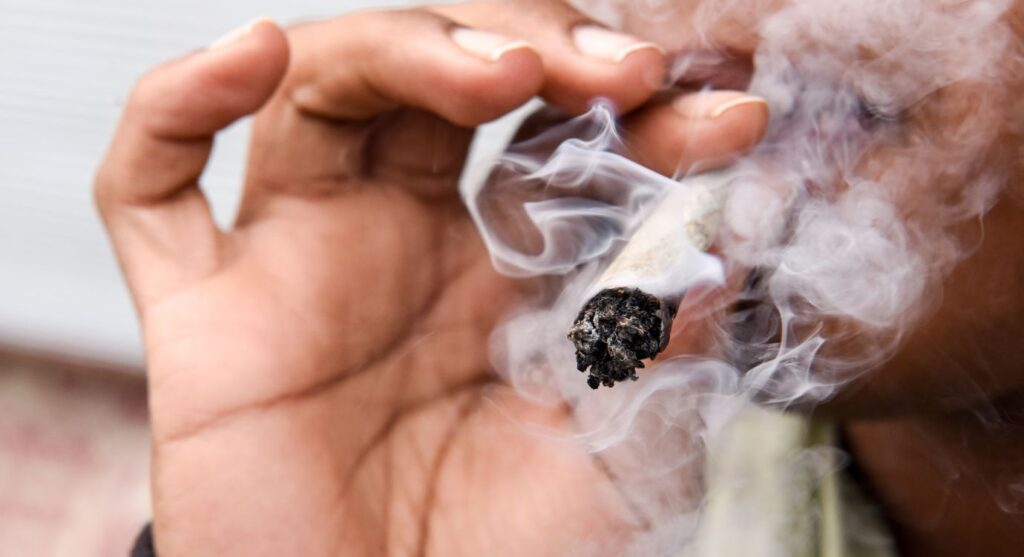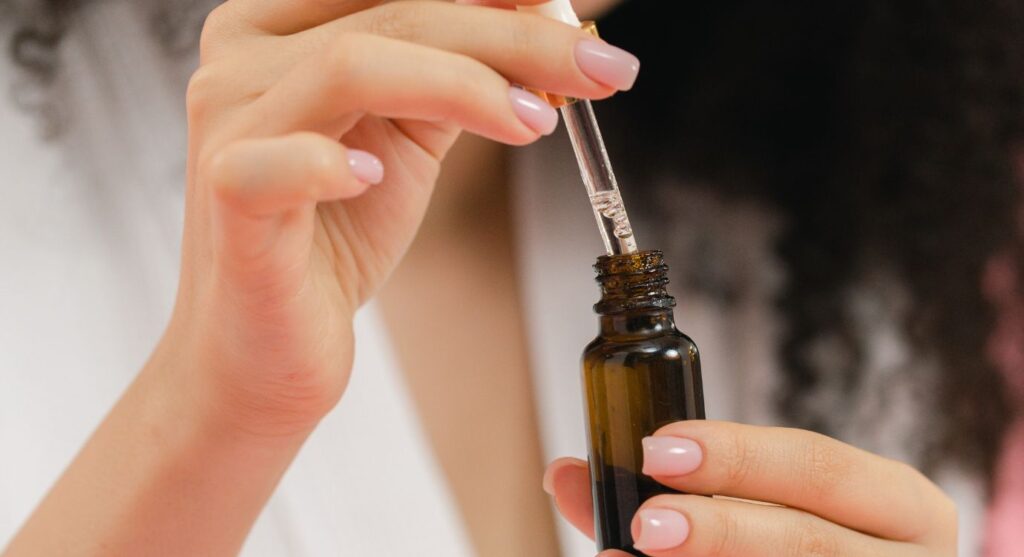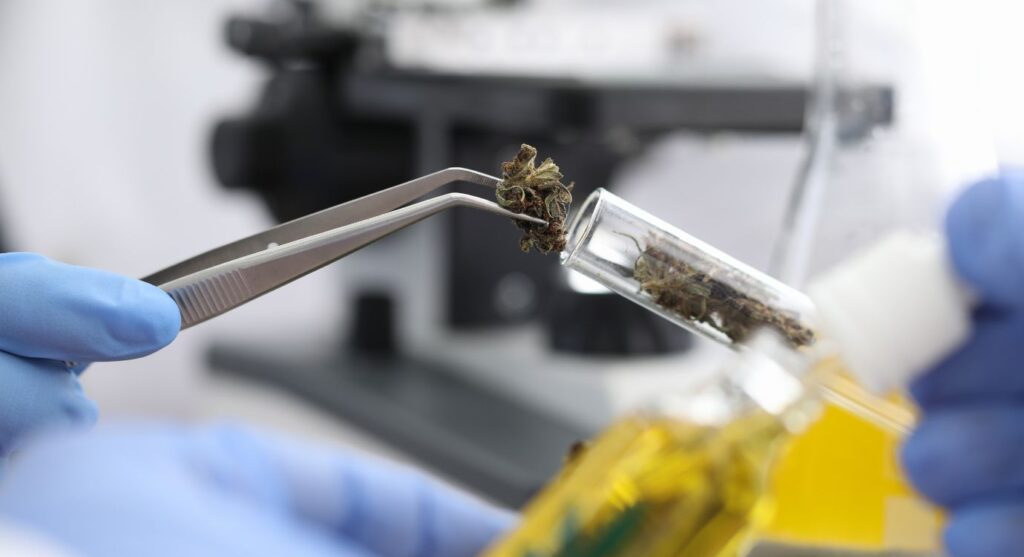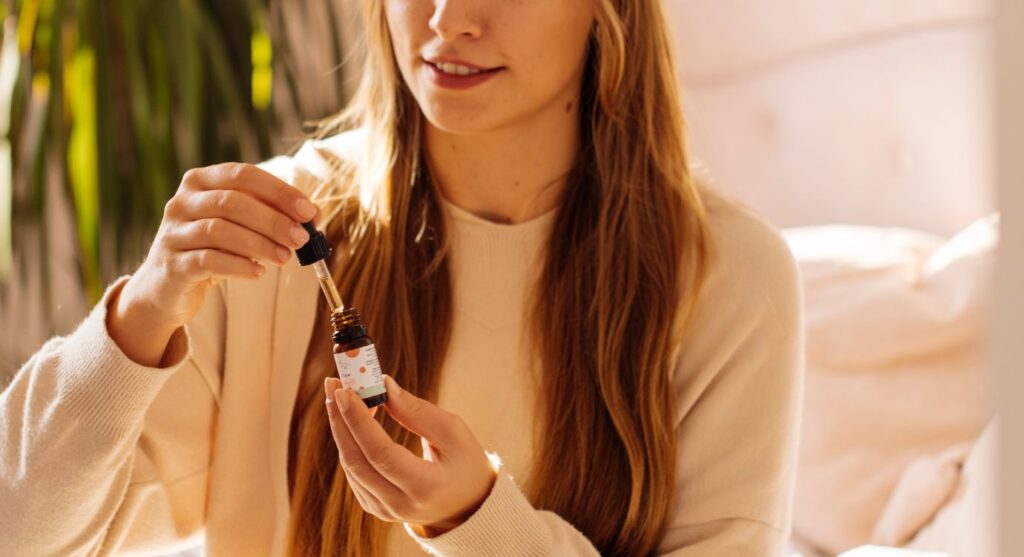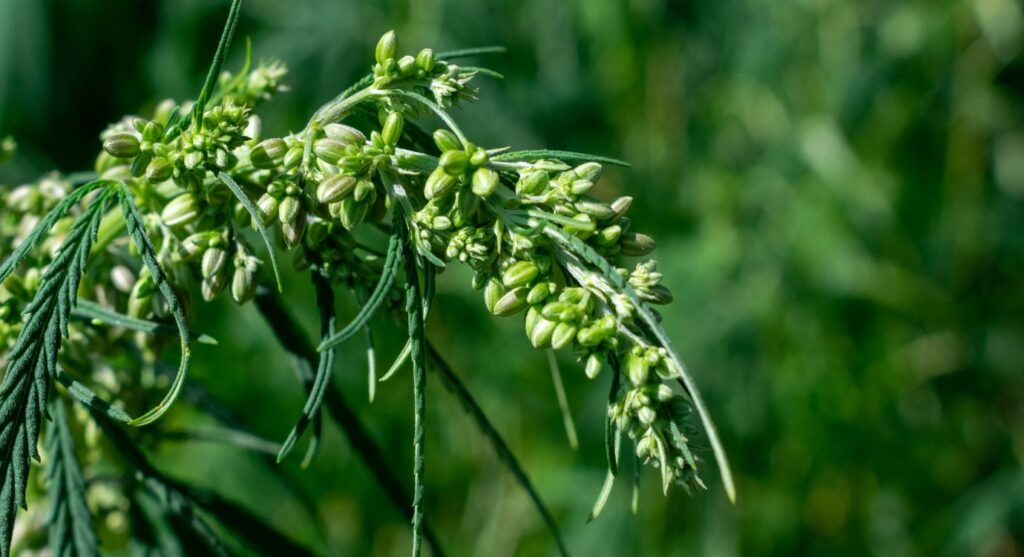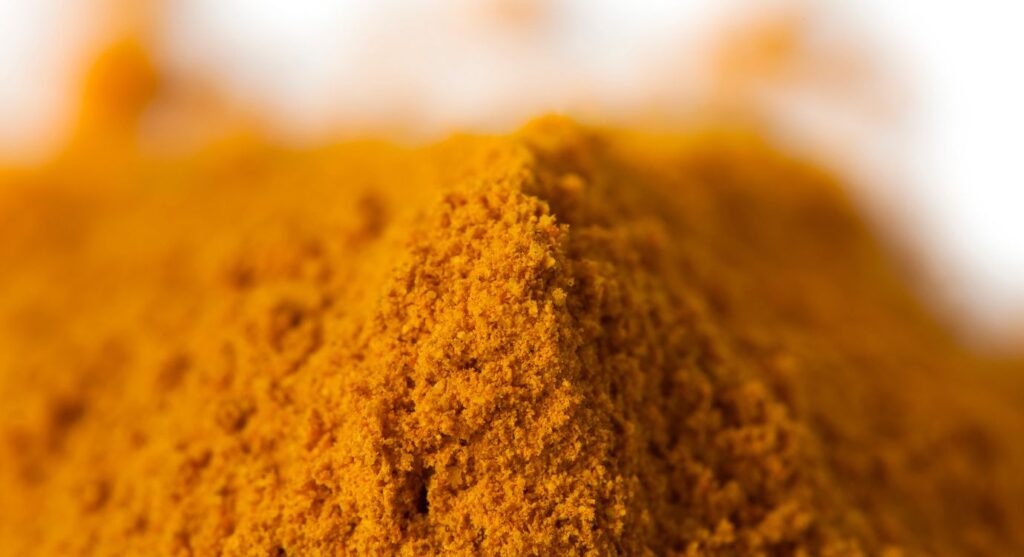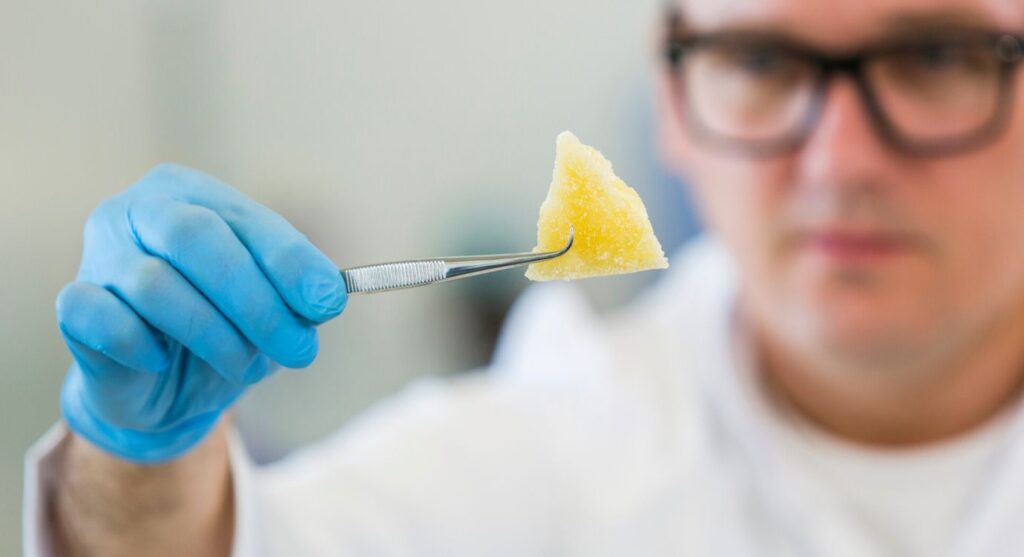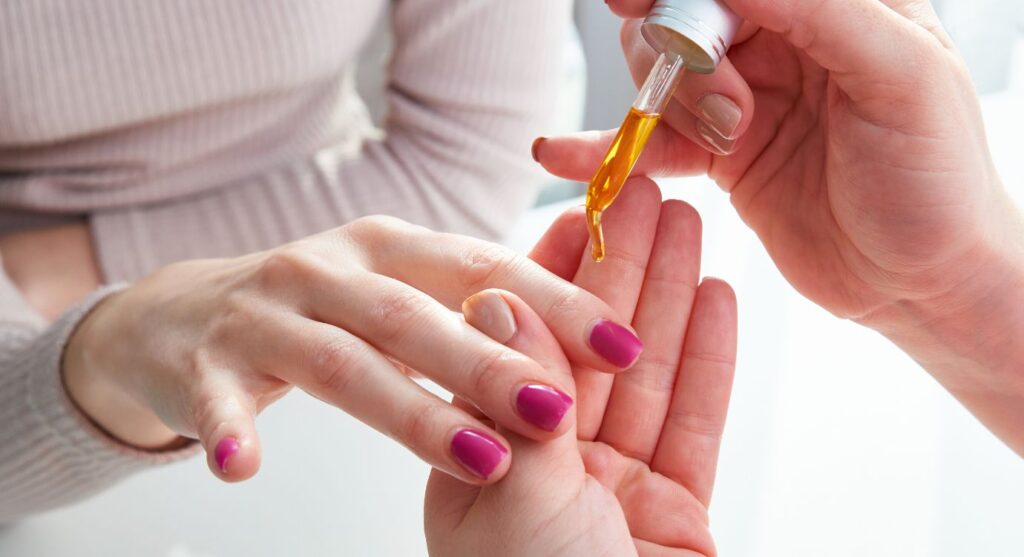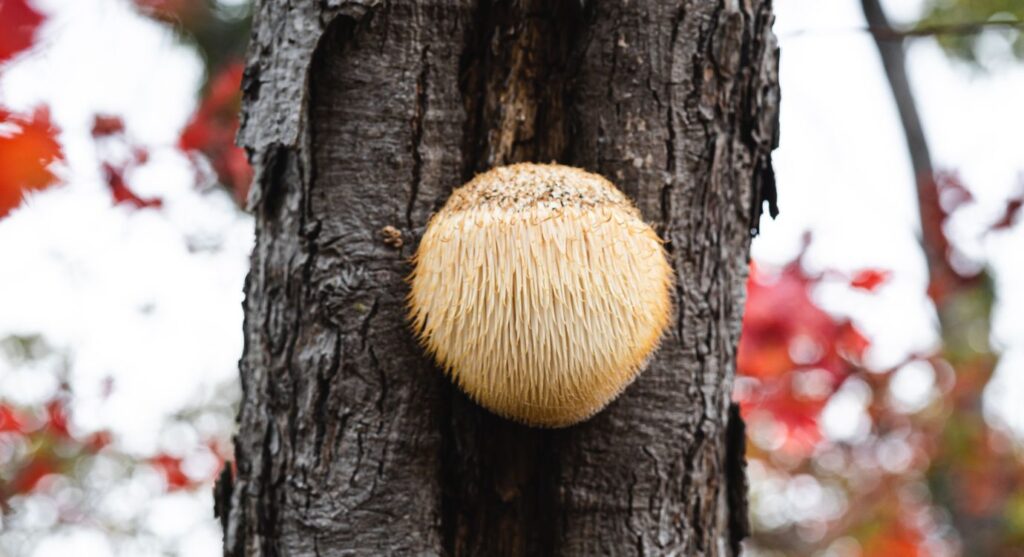THC and CBD are the two most well-known cannabinoids. They’re on the cannabis A-list: often aligned and misunderstood, sometimes praised and revered.
THC and CBD are so closely related and so often discussed together that you’d be forgiven for assuming their effects, and maybe even their benefits for wellbeing, are similar.
But this is not the case. And getting the two confused can land you in some hot water – legally speaking – in many countries.
So what is the difference between CBD vs THC?
In this guide, we’ll cover:
- What is the difference between CBD vs THC, including side effects
- Why are THC and CBD so different?
- Drug test results when using CBD vs THC
In this guide:
What’s the difference between THC and CBD?
CBD and THC are both cannabinoids – organic compounds which naturally occur within the hemp and cannabis plants.
There are actually over 112 cannabinoids present in the plants, each of which have their own unique properties and exist in the plant in varying volumes.
Most of the smaller cannabinoids are still relatively unknown, with research into their effects in the early stages or non-existent.
But back to the two main players! Let’s take a look at each.
What is THC?
THC is short for Tetrahydrocannabinol.
This is the active compound in the cannabis plant, known for being responsible for the psychoactive effects of cannabis.
THC works by attaching to molecules – called cannabinoid receptors – and activating them, disrupting various mental and physical functions and causing that ‘high’.
As such, THC is often viewed negatively.
However, the multifunctional compound has experienced rather a PR revamp in recent years – as research has increasingly shown the wealth of health and wellness benefits associated with the cannabinoid.
Read more: Hemp vs marijuana
What is CBD?
CBD is short for Cannabidiol.
Unlike THC, CBD cannot get you high as it has zero psychoactive effects.
CBD has also been found to interact directly with the endocannabinoid system, which suggests it can even play a part in promoting and encouraging homeostasis and general well-being.
This essentially means it can be a great nutritional supplement or addition to any wellness routine, offering numerous benefits for overall well-being.
10% off on your first order
Complete this one-minute quiz and find the right products for you.
1. Chemical structure
Chemically, CBD and THC are almost identical. They both consist of 2 oxygen atoms, 30 hydrogen atoms and 21 carbon atoms.
The difference between CBD vs THC is a minuscule, microscopic difference in how these atoms are laid out. However, this small divergence gives these compounds a number of different qualities.
2. Psychoactive effects
When it comes to feeling ‘stoned’ – THC is your culprit.
In contrast, CBD oil will not get you stoned.
But, this does not mean any CBD product that contains THC will get you high.
For example, even if you use full-spectrum CBD (meaning it has traces of all cannabinoid compounds, including THC); there won’t be enough THC included to trigger any psychoactive effects.
The only way you might feel a psychoactive effect from a CBD product is if you buy a bad product from an unreliable seller.
This can be avoided by reading the CBD lab results that should come with the product. If the company you’re purchasing from doesn’t share lab test details – we’d advise that’s a red flag.
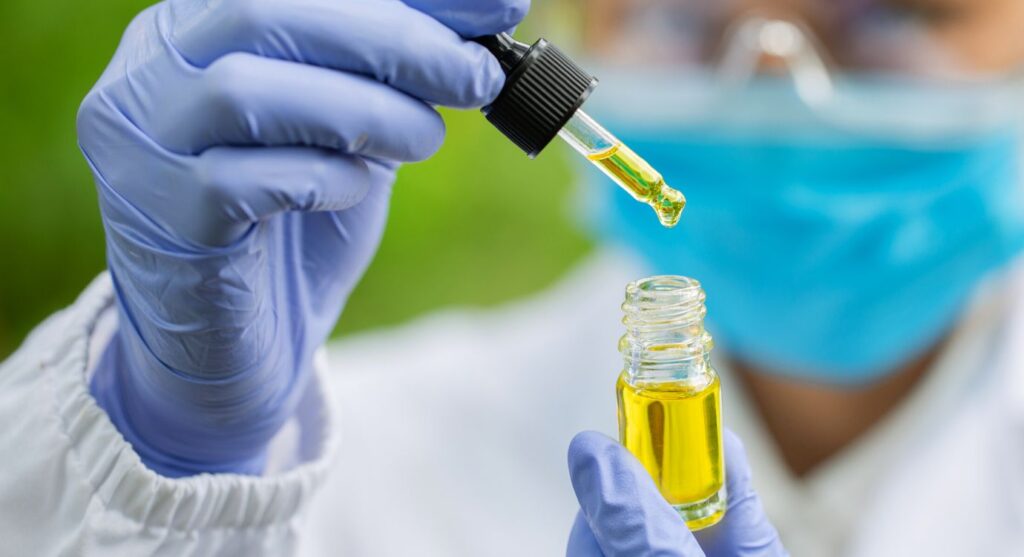

3. Benefits
Both THC and CBD are packed full of beneficial properties – many that are yet to be clinically confirmed or even discovered.
But an understanding of both compounds is growing, and with it comes an ever-growing list of definitive benefits.
With both THC and CBD, there’s a strong argument to suggest that each is more effective when consumed alongside other cannabinoids. This theory is called the entourage effect.
Read more: Entourage effect CBD
Let’s take a look at the benefits of CBD vs THC.
CBD benefits
CBD shouldn’t be viewed as a medical treatment or an alternative to traditional medicine.
However, the supplement can be a great addition to any wellness regime due to its ability to act on our body’s CB1 and CB2 receptors. It may be particularly effective at offering symptom relief for conditions including
- Seizures
- Inflammation
- Pain
- Inflammatory bowel disease
- Nausea
- Migraines
- Depression and anxiety
- Sleep disorders
- PTSD
Read more: Benefits of CBD
THC benefits
Before we dive into the benefits of THC, it should be noted that people have been using cannabis to treat their ailments for around 3000 years.
As mentioned above, the benefits of THC can be supercharged with the help of the entourage effect. If you consume THC in conjunction with other cannabinoids – for example, by vaping medical cannabis – the therapeutic effects of the THC will be heightened.
THC is present in one licensed medicine available on the NHS: Nabiximols (Sativex) is a cannabis-based medicine that can be sprayed into the mouth and is prescribed to those with treatment-resistant MS.
Read more: CBD oil for MS
Nabilone, a synthetic version of THC, can also be accessed on the NHS to help relieve nausea.
THC (in the form of medically prescribed cannabis) is also often used to help with…
- Pain, including chronic pain conditions, and neuropathic pain
- Low appetite
- Nausea
- Anxiety
- PTSD
- Epilepsy
4. Side effects
It’s important to know that neither substance can be fatal. That said, always be careful when ingesting any substance, and cease use immediately if you experience any negative side effects.
CBD side effects
CBD is generally considered safe in large amounts.
It’s not common, but the following side effects are associated with CBD:
- Dry mouth
- Diarrhoea
- Reduced appetite
- Drowsiness and fatigue.
However, CBD can interact with other medications. This is due to CBD’s natural inhibition of the cytochrome P450 enzyme system.
P450 is a system of enzymes found in the liver, responsible for safely metabolising potentially harmful compounds and removing them from the body. CBD has been found to slow this process down, which can lead to the body taking longer to remove toxic substances.
On its own, this isn’t an issue, but when taken with certain drugs that require quick metabolisation, it can become a problem.
The same effect is commonly caused by grapefruit.
Therefore, if you’ve ever taken a medication that warns against eating grapefruit, or if a GP has ever told you not to eat grapefruit while on a certain medication, you should avoid taking that medication with CBD too.
Generally, if a medicine’s instruction leaflet doesn’t mention grapefruit, you’re good to go!
But if you need more info to be certain, lists of these medications exist online – and always speak to a medical professional before incorporating CBD into your wellness routine.
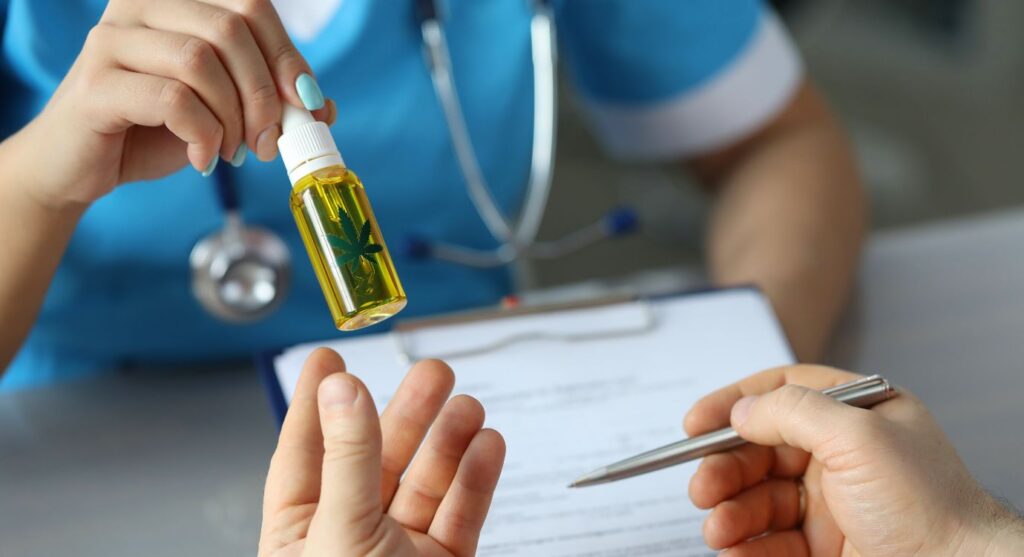

THC side effects
The side effects of THC include:
- High blood pressure or increased heart rate
- Loss of coordination/balance
- Short-term memory loss
- The giggles/heightened sense of humour
- Slower reactions
- Red eyes
- Dry mouth/increased thirst
All these side effects are due to the psychoactive effects of THC and, therefore, should disappear pretty quickly.
In the short term, this is always the case, and any side effects should be nothing to worry about.
However, side effects may become more serious long-term, especially for adolescents who ingest large amounts of THC. In extreme cases, this can lead to long-term adverse psychiatric effects and an increased risk of mental health issues.
5. Legality
THC has been illegal for most of the 20th Century across most of the world.
However, perspectives on THC have begun to change.
Cannabis is now legal in many US states, such as California, Colorado, Washington and Canada. Some European countries, including Germany, are set to follow.
Meanwhile, many other countries are adopting specific medical cannabis programmes, integrating cannabis medicine into traditional healthcare systems.
Why is this happening?
Well, we now know that the science behind the initial prohibition of cannabis was sketchy at best. The criminalisation of cannabis was a political policy – not a health-led one – with many of the potential consequences or negatives of cannabis use greatly exaggerated.
As the shackles of prohibition have been slowly lifted, we’ve been able to research cannabis and THC to a greater extent. When faced with the huge number of wellness benefits that are associated with the compound – it’s hard to justify an all-out ban on the substance.
Of course, if you live in a country where THC remains illegal – or you simply don’t want to get high when you take a natural health supplement – then THC may not be the best option for you.
In contrast, CBD is legal in most countries – although often strict regulations are attached.
CBD products are legal in the UK, so long as they have passed Novel Food regulations and are derived from industrial hemp plants.
It may also contain a maximum of 1mg of THC.
Read more: CBD legal countries
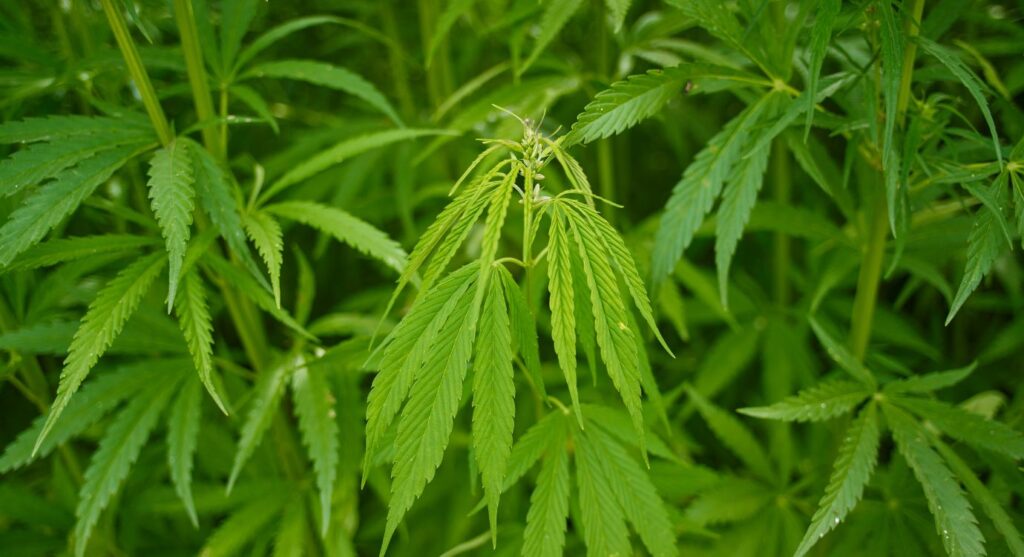

6. Drug testing
Can you pass a drug test with THC in your system?
The short answer is no.
THC is one of the recreational substances that such tests look for, and any significant amount of it is likely to trigger a positive.
Even if you live in a country where THC is legal, you may find yourself in trouble if your job involves driving or operating heavy machinery. (If this applies to you, here is a handy guide on driving while taking CBD.)
THC is also stored in the fat of the human body and can remain there for weeks after ingestion.
As a result, we would recommend avoiding it if you’re in such a career or in a country where THC is illegal, even if you’re off work for a few weeks.
What about CBD? Can I pass a drug test if I only ingest CBD?
Since CBD is legal and non-psychoactive, the vast majority of drug tests do not attempt to detect it.
Read more: CBD drug tests
However, many CBD products do contain THC in varying amounts.
The only CBD product that guarantees zero THC is CBD isolates.
However, in the UK, if legal limits are being adhered to, products won’t contain traces of THC sufficient enough for you to feel high or for THC to be detected in your system.
But, it’s not impossible for this to happen – it’s best to avoid CBD entirely if you think you may be tested.
Frequently asked questions:
Why is CBD better than THC?
Neither cannabinoid is ‘better’, but CBD is non-psychoactive and legal, so it’s regulated and much easier to access.
What's better for pain CBD or THC?
Both CBD and THC can help with the pain. But THC is becoming recognised as a potential treatment for pain, whereas CBD simply supports overall wellness – which may have a knock-on effect in reducing pain levels.
Is there THC in CBD oil?
Legally in the UK, full spectrum CBD oil can contain up to 1mg of THC. Broad-spectrum CBD and CBD isolate will not contain any THC.
Takeaway on CBD vs THC
Decades of prohibition have resulted in both cannabinoids being under-researched – there’s still so much to learn about both THC and CBD.
It’s important to differentiate between CDB vs THC to understand what you are consuming and manage expectations.
While THC has been approved for medical use in some circumstances, and medical cannabis is legal in the UK, CBD is a wellness supplement – not a treatment.
But both are cannabinoids with huge amounts of potential – and likely many properties we’re yet to discover.
We’re looking forward to the release of new research in the coming years, as the stigma around the cannabis plant is replaced with education and understanding.




